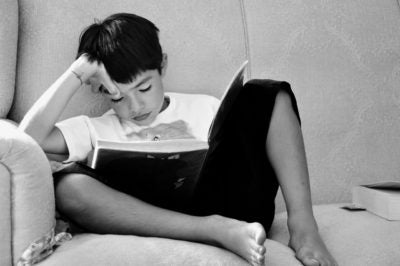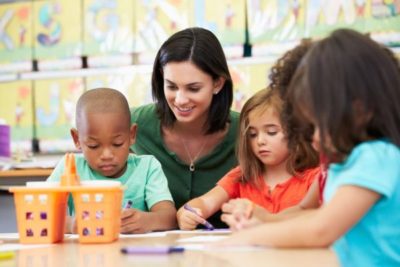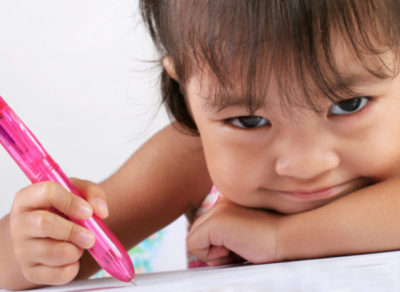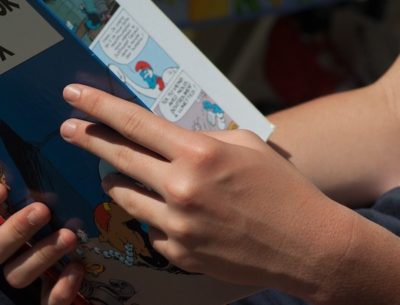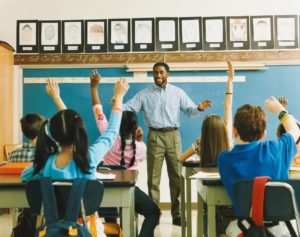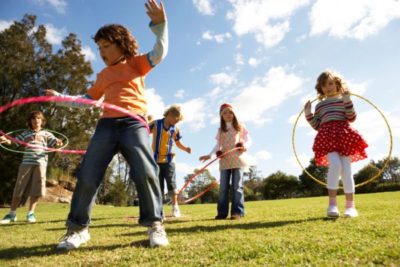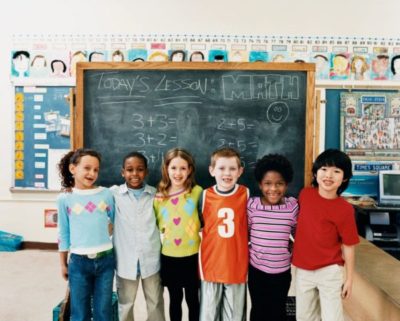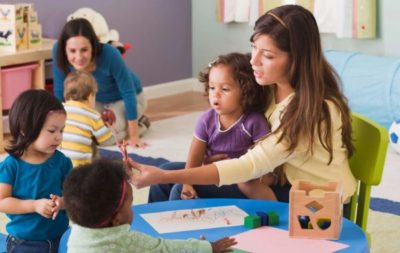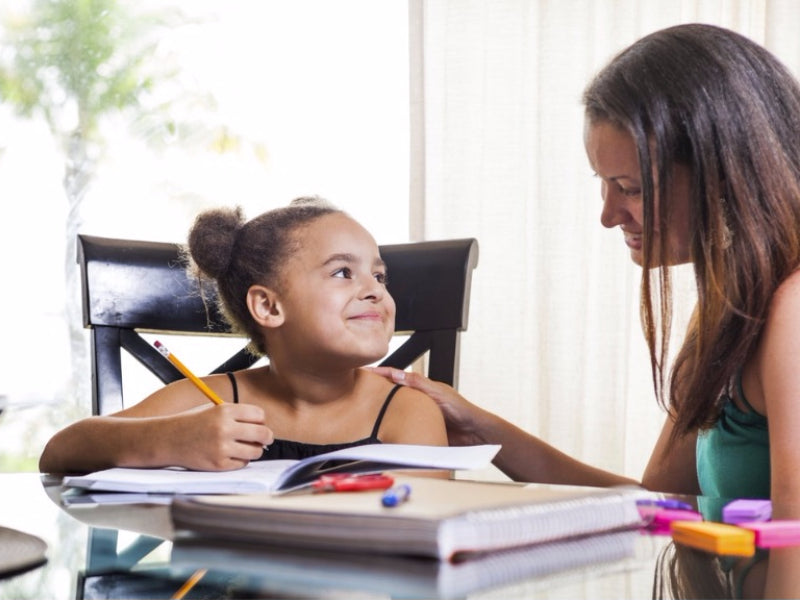Research -- StepUp to Learn
How should we handle boys who can't read?
"Letter-sound knowledge is what best predicts how well students will be able to read later," says Professor Hermundur Sigmundsson at the Norwegian University of Science and Technology's (NTNU) Department of Psychology. He has based his research on major empirical studies and theory.
Kids praised for being smart are more likely to cheat
Inattentive kids show worse grades in later life
Researchers studied children with and without attention deficit hyperactivity disorder (ADHD), and found that inattentiveness was linked to worse academic performance up to 10 years later, regardless of ADHD, even when they accounted for the children's intellectual ability.
Child’s Home Learning Environment Predicts 5th Grade Academic Skills
Children whose parents provide them with learning materials like books and toys and engage them in learning activities and meaningful conversations in infancy and toddlerhood are likely to develop early cognitive skills that can cascade into later academic success, finds a new study by NYU’s Steinhardt School of Culture, Education, and Human Development.
Toddlers begin learning rules of reading, writing at very early age, study finds
Graphic Novels: Can Comics Make Your Kid Smarter?
Personality Outsmarts Intelligence in the Classroom
Building Brain Habits: Predicting Success
Need Inspiration? Get Moving!
Have you ever hit a creative roadblock? Exercise might be the answer to overcoming mental blocks, according to a new study.

